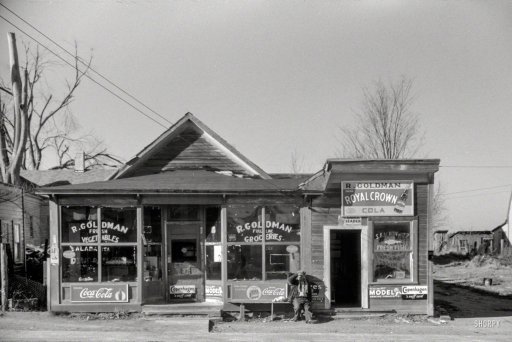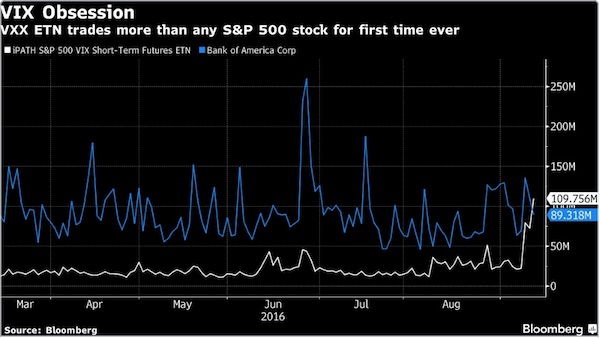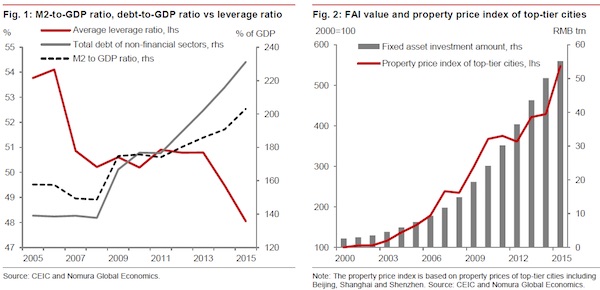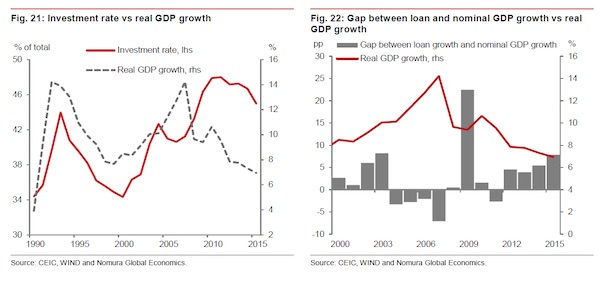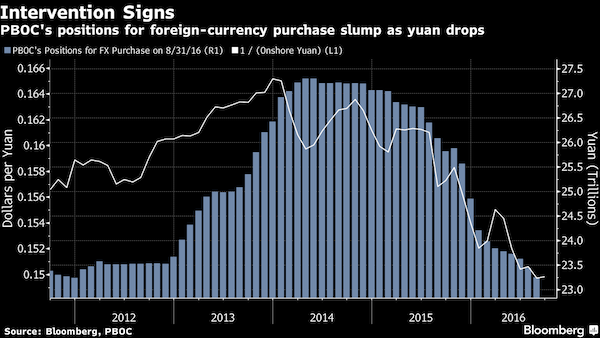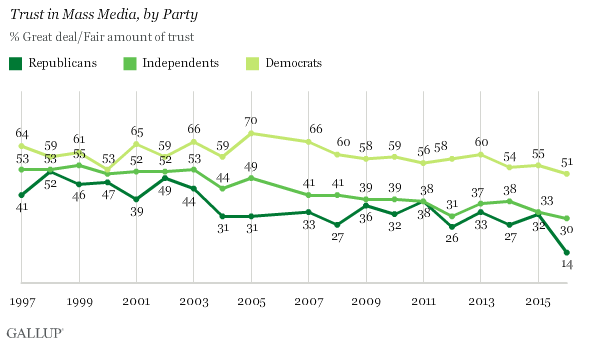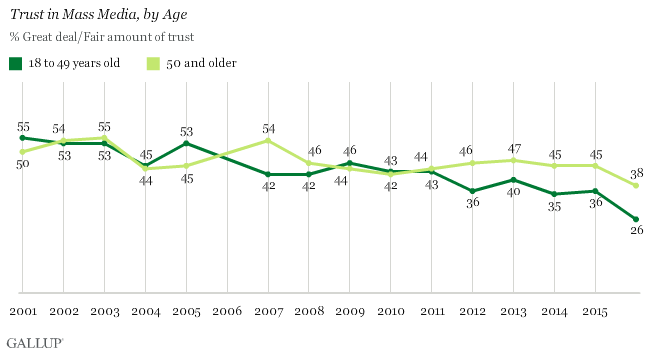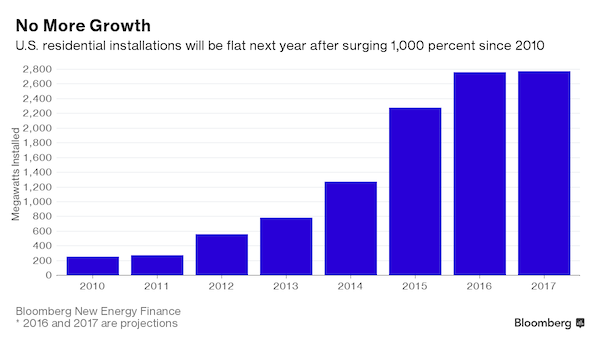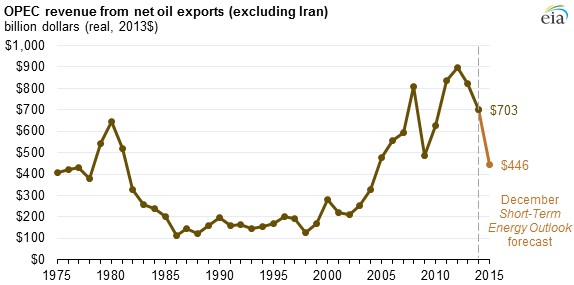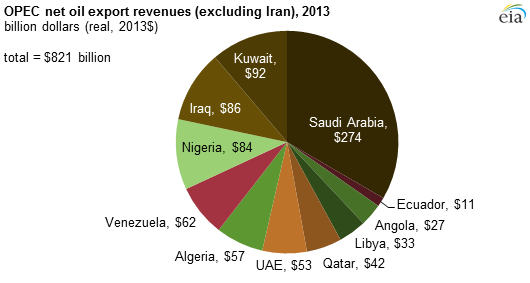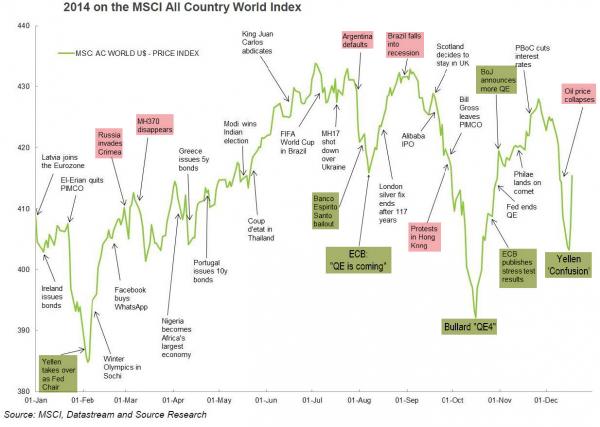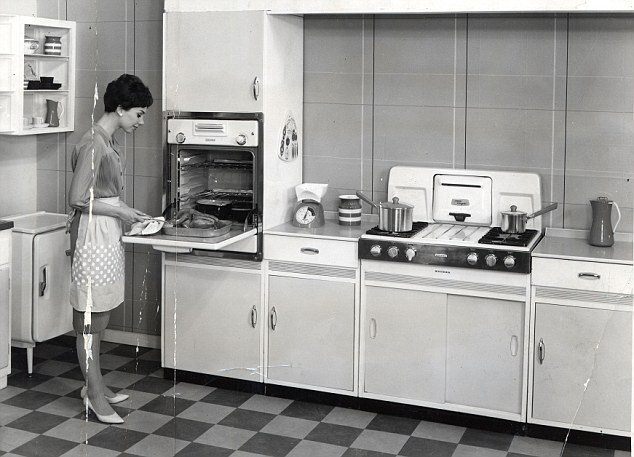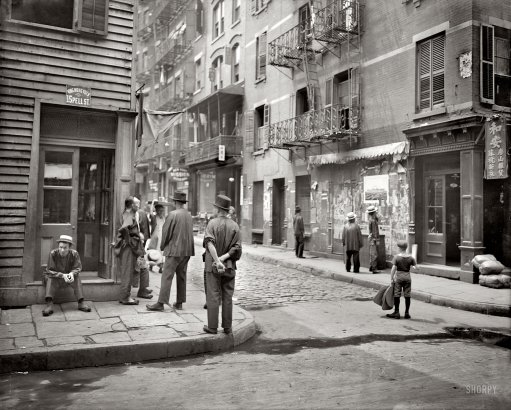
Byron In Chinatown, Pell Street, New York 1900

Too many pieces and opinions on Trump to keep count of. Let’s start with Steve Keen’s, the most practical one. It would be great and highly useful if Trump and/or his people read it.
• To Make America Great Again, Write Off The Private Debt (Steve Keen)
Dear President Trump, The key source of America’s economic weakness today is something you have experience with: private debt. All leaders before you have obsessed about government debt while ignoring private debt, which is far higher (150% of GDP versus 100%) and far more dangerous. You can do something about this, and unlike your purely political predecessors, your experience tells you that it can be done—the only question is how to do it. The private debt mound sitting on top of American households and businesses is the reason demand is depressed right now. With that debt mountain weighing them down, firms are reluctant to borrow and invest, while households are reluctant to use credit to consume. Credit demand is now back to the average of the 1950s to 1970s—the “Golden Age” of America, when your supporters today and their parents had well-paying manufacturing jobs.
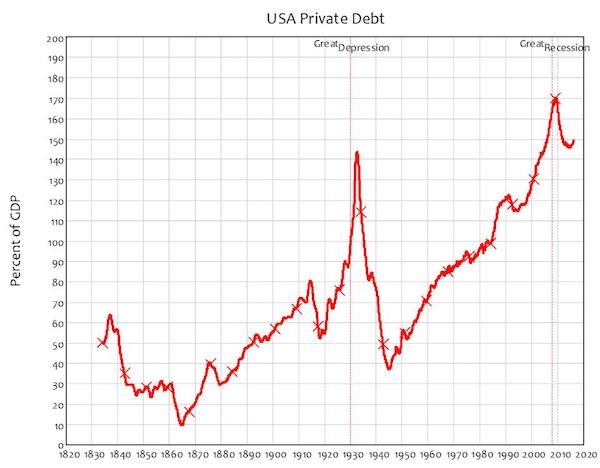
But it will easily turn negative again like it did during the Great Recession, given how enormous the debt burden still is today, since your immediate predecessor put more effort into rescuing Wall Street than he did into rescuing Main Street. The Washington insider economists who are now going to attempt to get your ear will tell you that this private debt doesn’t matter, and that nothing can be done about it anyway. They’re wrong on both counts. On whether it matters, they’ll say that one person’s debt is another person’s asset, so the total level of debt doesn’t matter. What they ignore is that banks create money and demand when they lend, and both money and demand fall when debt is repaid. They ignore the evidence shown in Figure 2, which I’ve been shoving in front of their faces for over a decade now (from early 2006, well before the Great Recession began).
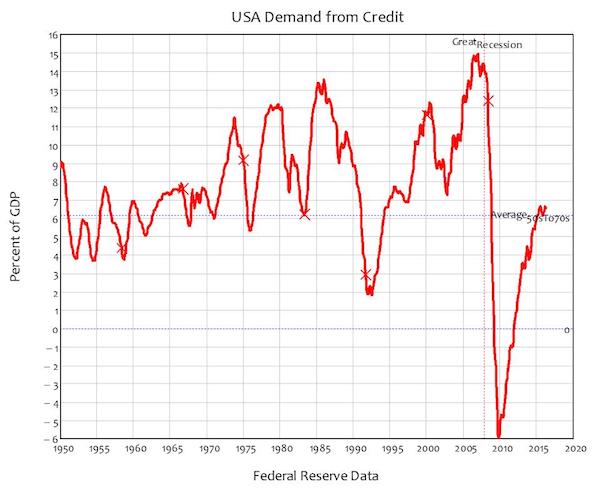
On whether it can be done, they’ll tell you that this is “helicopter money”, and that it’s a dreadful idea. But the reality is that they’re doing it already. It’s just that the Fed’s helicopter, which they call “Quantitative Easing”, has been dropping that money on Wall Street rather than Main Street. When the Fed buys bonds off a pension fund under QE, it creates the money that it buys that pension’s funds bonds with. The pension fund then does what pension funds do with money: they buy shares and other bonds. This drives up share markets, which benefits Wall Street and the 1% directly. Brokers get paid lots of commission, most of which they stuff in their offshore bank accounts. They spend a fraction of this on Main Street, buying the odd hamburger.
But there would be far more money in Main Street’s hands if you put it there directly. There are many ways to do this, and it’s important to do it in a way that doesn’t favour people who borrowed over people who didn’t. But the easiest way to illustrate it is to imagine that you tell the Federal Reserve to buy mortgages directly from the public. For the Federal Reserve, there’s little practical difference what it’s doing right now, only 100% of the money it creates turns up in Main Street bank accounts rather than those of Pension Funds and Wall Street brokers. With less debt, there’ll be more spending by Main Street, and, as a result, more employment. The only sufferers will be bankers and Wall Street, who will have far less income-earning assets than they have now, and may even have to work for a living.

So much for those predictions too.
• Asian Markets Soar, Nikkei Rockets Close To 7% (CNBC)
Asia markets soared on Thursday with the Nikkei jumping close to 7%, as traders reassessed the economic impact of Donald Trump’s victory in the U.S. presidential election. The Nikkei 225 ended up 6.72%, or 1,092.88 points, at 17,344.42, as the yen weakened against the dollar, trading at 105.42 as of 2:50 pm HK/SIN. The dollar/yen had plunged to 101 levels on Wednesday. “U.S. yields surged higher on the back of expected increased fiscal spending by Trump. This has helped the dollar rally sharply against other currencies but especially the low yielding yen and the euro,” Anthony Darvall, chief market strategist at easyMarkets, said in a note on Thursday.
“A weaker yen has helped propel Japanese stocks up…completely erasing yesterday’s losses.” The Australian benchmark index closed up 3.34%, or 172.27 points, at 5,328.8. The ASX’s strength was underpinned by its energy subindex, up 3.29%, and the materials subindex, up 5.75%. The gold subindex shed 4.82%. New Zealand’s NZX 50 ended up 1.04%, or 69.51 points, at 6,733.72. Before markets opened, the Reserve Bank of New Zealand cut rates by 25 basis points to a record low of 1.75%. The RBNZ statement warned that “numerous uncertainties remain, particularly in respect of the international outlook, and policy may need to adjust accordingly.”

The predicted crash took exactly 49 minutes.
• Dow Closes Up 250 Points; Financials Surge After Trump Election Upset (CNBC)
U.S. stocks surged more than 1% Wednesday with financials and health care leading after Republican Donald Trump won the presidential election, defying market expectations for a Hillary Clinton win. The day’s rally took the major averages within 2% of their all-time intraday highs, and marked a stunning recovery from a sharp plunge in stock index futures overnight. Trade volume Wednesday was roughly 12 billion shares, the highest since the surprise U.K. vote to leave the European Union in June. “Overnight was all about uncertainty. Today we know” the result,” said JJ Kinahan, chief strategist at TD Ameritrade. He said part of the day’s rally was fueled by short covering, and that volatility will likely continue as traders eye Trump’s potential Cabinet picks.
The Dow Jones industrial average closed up more than 250 points at 18,589, with Goldman Sachs and Caterpillar contributing the most to gains. With about half an hour to the close, the Dow briefly added more than 300 points and was tracking to close at a record high. The index came within about 25 points of its all-time intraday high of 18,668.44 touched in August and closed within half a% of that level. Financials leaped 4% in their best day since 2011 to lead S&P 500 advancers, followed by health care. Banks and diversified financials such as Morgan Stanley led financial sector gains, while biotech stocks led health care gains. “Within financial services, there is a guarded view that there may be less regulation [under Trump] than under a Clinton presidency,” said John Stadtler, head of U.S. financial services at PwC.

Strong from David. “..the giant stock market bubble will now crash. [..] We will be in an official recession within 6 months.”
• The Jig Is Up: America’s Voters Just Fired Their Ruling Elites (Stockman)
America’s voters fired their ruling elites last night. After 30 years of arrogant misrule and wantonly planting the seeds of economic and financial ruin throughout Flyover America, the Wall Street/Washington establishment and its mainstream media tools have been repudiated like never before in modern history. During the course of the past year, upwards of 70 million citizens – 59 million for Trump and 13 million for Bernie Sanders – have voted for dramatic change. That is, for an end to pointless and failed wars and interventions abroad and a bubble-based economic policy at home. The latter showered Wall Street and the bicoastal elites with vast financial windfalls – even as it left 90% of Flyover America behind, where households struggled with stagnant wages, vanishing jobs, soaring health costs, shrinking living standards and diminishing hope for the future.
The voters also said in no uncertain terms that they are fed-up with a “rigged” system that has one set of rules for establishment insiders and another for everyone else. In essence, that’s what servergate, the Clinton Foundation pay-to-play scandals and the trove of Wikileaks DNC/Podesta hacks was all about. Indeed, in his brawling style, the Donald in effect convinced a huge slice of the electorate that the Clintons amounted to America’s leading crime family. And while he may have exaggerated the extent of their personal crimes and misdemeanors, the latter functioned as a proxy for the beltway racketeering that has become the modus operandi of the Imperial City. Stated differently, the people did connect the dots. There is a straight line from repeal of Glass-Steagall by the Rubin-Clinton democrats in the late 1990s through the resounding repudiations of the Clintons last night.
This string includes the M&A roll-up of the giant Wall Street banks after 1998; the subprime mortgage scams, housing booms and subsequent crash during the next decade; the panicked multi-trillion bailouts of the Wall Street gambling houses in the fall of 2008 and the lunatic spree of central bank money pumping that followed; the soaring stock market fueled by the Fed’s free money that arose therefrom; and the egregious global fund-raising and shakedowns of the Clinton Foundation and personal wealth accumulations by the Clinton’s personally, capped by Hillary’s notorious $250,000 off-the-record speeches to Goldman Sachs.
What happened was that during the eight Obama years, Washington essentially borrowed $10 trillion, or nearly as much as the first 43 presidents did over 220 years, while the Fed expanded its balance sheet by 5X more than had happened during its first 94 years of existence. [..] For months and years to come, the Imperial City will be ungovernable and the nation will be racked with fiscal, financial, political and even constitutional crisis. By kicking the can in a ruinous direction for decades, America implicitly opted eventually for the bleeding cure. To wit, the giant stock market bubble will now crash. The stock-price obsessed C-suites of corporate America will now panic and begin pitching inventory and workers overboard. We will be in an official recession within 6 months. The Federal budget will plunge back into trillion dollar annual deficits very soon.
Accordingly, Washington will descend into permanent warfare over the debt ceiling and an exploding $20 trillion+ public debt. Any notion of a Trump economic revival program – even if it could now be confected – will be stillborn in the financial and fiscal chaos ahead. And most important of all, the almighty Fed will be stranded high and dry – out of dry powder and under political attack like never before from angry politicians and citizens alike. The jig is up.

Earlier today I read what looks to be an apt observation: ‘Every white person in New York who didn’t vote for Trump is now out in the streets protesting against him’. Chaotic scenes in LA and other places too. But the people who protest now are miles off target and months too late: they should have stood up for Bernie when the Hillary camp and the DNC conspired to oust him. Indeed, Bernie himself should have stood up back then, not for himself but for his supporters; they would have stood up with him. Whether they all like it or not, being asleep and/or silent when big things happen that count, does carry a price. If you drop the ball, you can’t just pick it back up again and pretend it didn’t fall. Shouting ‘not my president’ in the wake of an election is a sign of weakness, no matter how well-intentioned. The protests should have taken place before the election, not after.
• Thousands Protest Trump Win Around US (BBG)
The raw divisions exposed by the presidential race were on full display across America on Wednesday, as protesters flooded city streets to condemn Donald Trump’s election in demonstrations that police said were mostly peaceful. From New England to heartland cities like Kansas City and along the West Coast, many thousands of demonstrators carried flags and anti-Trump signs, disrupting traffic and declaring that they refused to accept Trump’s triumph. In Chicago, where thousands had recently poured into the streets to celebrate the Chicago Cubs’ first World Series victory in over a century, several thousand people marched through the Loop. They gathered outside Trump Tower, chanting “Not my president!”
Chicago resident Michael Burke said he believes the president-elect will “divide the country and stir up hatred.” He added there was a constitutional duty not to accept that outcome. A similar protest in Manhattan drew about 1,000 people. Outside Trump Tower on Fifth Avenue in midtown, police installed barricades to keep the demonstrators at bay. Hundreds of protesters gathered near Philadelphia’s City Hall despite chilly, wet weather. Participants — who included both supporters of Democratic nominee Hillary Clinton and independent Vermont Sen. Bernie Sanders, who lost to Clinton in the primary — expressed anger at both Republicans and Democrats over the election’s outcome.

Shouldn’t this be left up to Congress?
• White House Won’t Rule Out Pardon to Protect Clinton From Trump (BBG)
The White House on Wednesday wouldn’t rule out issuing a pardon to protect Hillary Clinton from prosecution by the incoming administration over her use of a private e-mail server. President-elect Donald Trump threatened during his campaign to assign a special prosecutor to investigate Clinton. He blamed a “rigged system” for protecting her from prosecution after FBI director James Comey announced in July and again on Nov. 6, two days before the election, that his agency wouldn’t seek charges against the Democrat. “You’d be in jail,” Trump memorably warned Clinton during their final debate. Asked whether President Barack Obama might issue Clinton a pardon before he leaves office in January, White House press secretary Josh Earnest said the administration doesn’t discuss such cases in advance.
Earnest indicated Obama was hopeful a pardon wouldn’t be necessary, noting that Trump was gracious toward Clinton in his victory speech early Wednesday morning. “We’ve got a long tradition in this country of people in power not using the criminal justice system to exact political revenge,” Earnest said. “We go to great lengths to insulate our criminal justice system from partisan politics.” Crowds at Trump’s rallies frequently chanted “lock her up” when the Republican mentioned Clinton’s name. Trump would occasionally join them. On Wednesday, as he claimed victory in the presidential race, Trump complimented Clinton for her campaign and her public service. “Hillary has worked very long and very hard over a long period of time, and we owe her a major debt of gratitude for her service to our country,” he said.
Comey said in July that Clinton and her aides were “extremely careless” in handling classified information, but that criminal prosecution wasn’t warranted. The Justice Department agreed. But proactively offering a pardon isn’t unprecedented. In 1974, Gerald Ford gave former president Richard Nixon a full and unconditional pardon for any crimes he might have committed while in the Oval Office. That move, derided by critics, underscored the political risks of such a move. Ford lost re-election to Democrat Jimmy Carter. Obama and Clinton are in a less perilous situation; Obama cannot run for president again, and Clinton’s political career is also likely over.

Nothing new. And everyone knew it, too. Including Hillary and the DNC.
• Trump Would Have Lost US Election If Bernie Had Been The Candidate (Ind.)
“Right now in every major poll, national poll and statewide poll done in the last month, six weeks, we are defeating Trump often by big numbers, and always at a larger margin than Secretary Clinton is.” So spoke Bernie Sanders, Hillary Clinton’s Democratic rival in the primary, when he appeared on the May 29 2016 edition of NBC’s ‘Meet the Press’. It was not the first time the socialist former Mayor of Burlington had made the claim. And it was something that his supporters believed passionately. Time after time, supporters of the white-haired, frequently cantankerous Democratic socialist, said the media was helping prepare a coronation for Ms Clinton in a way that was neither fair or democratic.
At a rally in the Bronx, New York, in April, Paul Nagel, 58, a gay rights and housing activist, told The Independent that Mr Sanders would go into the Oval Office on the back of a popular movement and that he could continue to listen to the people. “What we’re seeing now feels 1969,” he said. At rallies for the 74-year-old across the country, there was a sense of euphoria and excitement that simply did not exist at those for Ms Clinton. Ms Clinton’s supporters said they had made a calculation to vote for her as they believed she would be the best candidate to lead the country, but there was no sense of the passion witnessed at her rivals’ events, or those of Barack Obama eight years earlier.
But it was not just anecdotal evidence. A series of polls suggested that Mr Sanders – with his calls for free college tuition, the removal of student debt, a national health service and the removal of big money from politics – would stand a better chance against Mr Trump than Ms Clinton. A poll by NBC News-Wall Street Journal on May 15 said Ms Clitnon would beat Mr Trump by three points, but said Mr Sanders would win by 15 points. A CBS News-New York Times on May 3 gave Ms Clinton a six-point advantage over Mr Trump, but said Mr Sanders would win by 13 points. At the same time, Fox News said Ms Clinton would lose to Mr Trump by three points, but said Mr Sanders would win by four.

‘Mocks’ is a ridiculous term to use here.
• WikiLeaks Mocks Dems After Election Loss (Hill)
WikiLeaks capped off Tuesday’s surprising presidential election with a tweet appearing to mock Democrats for picking Hillary Clinton as their nominee. “By biasing its internal electoral market the DNC selected the less competitive candidate defeating the purpose of running a primary,” the official account tweeted near midnight. Throughout the campaign, WikiLeaks published hacked DNC emails that it said showed the party was biased toward Clinton over her primary rival, Bernie Sanders. Some emails showed DNC staffers discussing how to expedite Sanders’s exit from the primary race after it was clear Clinton would win. Others appeared to show then-CNN analyst Donna Brazile leaking questions to the Clinton campaign in advance of town hall debates between the two Democrats.
Donald Trump’s campaign also seized on the hacked emails to argue that Clinton and Democrats had treated Sanders unfairly, as he made a play for the Vermont senator’s supporters. On Tuesday, WikiLeaks head Julian Assange posted a winding statement on his site expressing his dislike of both candidates, saying that the site had an obligation to leak the Clinton-related emails even though it did not have a similar set of Trump documents. “Publishing is what we do. To withhold the publication of such information until after the election would have been to favour one of the candidates above the public’s right to know,” Assange wrote.

Whaddaya know: A voice of reason in the otherwise full-tard anti-Trump Guardian.
• Trump Could Bring Russia In From The Cold (Dejevsky)
As the tally turned towards a victory for Donald Trump in the middle of the European night, comments began to appear on social media to the effect that Russian intelligence had won its biggest victory in the country’s history. More than this, that the Kremlin had actually captured the United States. The prominent, if spectral, role played by Russia was one of the stranger aspects of this already strange US election. And these comments were alarmist, if logical, extensions of the claims made by the Clinton camp during the campaign that Trump was somehow in cahoots with President Vladimir Putin and that the Russian state was interfering in the election on his behalf. There was precious little evidence for such claims, and Putin himself ridiculed them at his annual Valdai meeting with international Russian specialists two weeks ago.
Was the US a banana republic, he asked, that its elections could be so easily manipulated? Of course not. But they were useful to the Democrats’ campaign in showing off Hillary Clinton as a tough foreign policy president-in-waiting and demonising Trump by association. They were not useful enough, though, given the result. Either the voting public dismissed them, or perhaps they agreed with Trump that improved relations with Russia might be a good thing. In any case, they turned out not to be the black mark the Clinton campaign expected. There is no mystery about why the accusations took hold. It was in part because Trump had said early on that he thought he could do business with Putin, earning him the reputation of being soft on big bad Russia. Then the Democrats at their convention chose to divert blame for the hacking of their computer system on to Russian intelligence.
This was never conclusively proved and all the supposedly corroborating statements from US officials contained get-out clauses. People with intelligence connections suggested that everyone tried to hack everyone’s computers, especially at election time, without any intention of actually interfering. The truth of any Russian involvement will probably never be known. But certain myths that gained currency need to be dispelled. One was that Trump was receiving privileged information from Russia. In fact, anything he said was already openly available before he said it. Another was that Trump had complicated and suspect business dealings with Russia. No evidence was ever produced – despite what must have been exhaustive efforts by the Clinton campaign[..]. There also seems to have been some confusion between Russia and other parts of the former Soviet Union, which hardly reflects well on the accusers.

Let’s see first. But Donald had better be careful with that. All nominations will face heavy scrutiny.
• Donald Trump’s Financial Advisory Team Stocked With Wall Streeters (WSJ)
Donald Trump’s successful insurgent bid for the White House promised to upend a global power structure that benefited large corporations. Now, several Wall Street financiers and other successful business leaders could be in line to run top posts in his presidential administration. People close to Mr. Trump have said he is considering Steven Mnuchin, a former Goldman Sachs banker who became his national campaign finance chairman in May, as his pick for Treasury secretary. If tapped for the job, Mr. Mnuchin would become the third Goldman alumnus in the last 20 years to head the Treasury, following Robert Rubin and Hank Paulson, who both served as the bank’s chief executive.
After a 17-year career at Goldman, where Mr. Mnuchin led the mortgage-trading department and was the bank’s chief information officer, he turned to investing. He briefly worked for a hedge fund tied to George Soros, the big Democratic donor. In his closing campaign ad, Mr. Trump featured both Goldman and Mr. Soros as “the establishment…who control the levers of power in Washington.” Advisers to Mr. Trump have said promptly filling senior appointments would help calm jittery markets, which saw volatility soar after it became apparent that Mr. Trump, a political outsider who broke with the political philosophy that has defined both parties, would win the election.
“Just as he comforted a lot of people when he picked Mike Pence as his running mate, they’ll be much more comfortable when they see what the team will be,” predicted Wilbur Ross, the private-equity investor who has advised Mr. Trump on economic policy. Business leaders have been “incorrectly worried about what might happen under Trump,” Mr. Ross said.

Cooperation it is.
• Mexico Will Not Pay For Trump Wall, But Seeks Cooperation (R.)
Mexico said on Wednesday it would work with Donald Trump for the benefit of both nations after his surprise U.S. election win, but reiterated it would not pay for his planned border wall, which stirred up deep resentment during a fraught presidential campaign. As Trump strode toward victory, the peso plunged 13% in its biggest fall since the Tequila Crisis devaluation 22 years ago, before paring losses to trade down 8.7% at 19.91 per dollar. Still, officials held back from taking action to support the peso despite it hitting lifetime lows overnight. Trump’s threats to dump the NAFTA agreement with Mexico and Canada, and to tax money sent home by migrants to pay for the controversial wall on the southern border, have made the peso particularly vulnerable to events in the U.S. presidential race.
“Very hard times are coming to Mexico,” said analyst Gabriela Siller of Mexican bank BASE. Still, President Enrique Pena Nieto said he called to congratulate Trump, and had agreed to meet the New Yorker during the transition phase to discuss joint cooperation, which he hopes would strengthen the competitiveness of North America. Welcoming Trump’s victory speech pledge to seek “common ground” and partnership with other countries, Pena Nieto said in a televised statement that Mexico shared the same vision. [..] Foreign Minister Claudia Ruiz Massieu reiterated that Mexico would not pay for Trump’s proposed wall. The vow to make Mexico pay for the barrier was a key feature of his stump speeches.

“..the word “never” apparently means 49 minutes to a Nobel laureate, because that’s how long it took for the S&P 500 to turn positive for the day..”
• Meanwhile, As The World Watched The Election.. (Black)
[..] when I woke up this morning here in Thailand and flipped on the TV, the first thing I saw was Wolf Blitzer having an orgasm every time Hillary won an electoral vote. It’s almost comical to suggest there was any semblance of objectivity throughout the entire cycle. Hillary Clinton had the full and unabashed backing of the entire media establishment. And the banking establishment. And the political establishment. And countless billionaires, Hollywood celebrities, rock stars, international press, foreign leaders, and even the President of the United States. Yet all of those big guns proved to be ineffective against a citizenry that’s fed up with the status quo.
At least the losing side has accepted its defeat with quiet dignity. University students across the country have come out of their safe spaces to protest by the thousand, chanting “F*ck Donald Trump” and “Not my President”. The students’ sudden fury may be what caused the Canadian government’s immigration website to temporarily go down (though I’m sure this will somehow be blamed on the Russians). Liberal papers like the Huffington Post are running headlines like “An American Tragedy”, while NYT bloggers are calling Trump voters “racist, xenophobic, misogynistic and homophobic.” Celebrities had some real gems like “Well, congratulations America you f–ked this one up,” and “I feel like I’m about to give birth to a baby that’s already dead.”
Comedian Chelsea Handler posted one of the most bizarre Tweets of the night, saying “My condolences to the President and First Lady. We will keep aiming high. We may not have you honored you this time, but we will honor you.” So apparently this exercise of American democracy has dishonored the President. Nobel Prize-winning economist Paul Krugman commented that tumultuous financial markets would “never” recover. Wow. Never. But the word “never” apparently means 49 minutes to a Nobel laureate, because that’s how long it took for the S&P 500 to turn positive for the day once the market opened. Investors ostensibly realized that, despite the Trump victory, Disney will keep making superhero movies, Coke will keep distributing poisonous flavored water, and Mark Zuckerberg will keep selling your personal data to advertisers.
[..] I thought the late-night quickie from Clinton campaign chairman John Podesta summed it up perfectly. While Hillary stayed in her $20,000/night suite at the Peninsula Hotel, Podesta was sent to tell the crowd of Clinton supporters that “She is not done yet!” Nonsense. It was a big fat lie. Minutes later she called Donald Trump to concede the election. Anyone trying to understand why she lost might take note of this deceit– even at the bitter end. She lied to her own supporters.

All bubble cities should pay attention. Vancouver appears to be making this work.
• Vancouver Wields $10,000-a-Day Fine in Crackdown on Empty Homes (BBG)
Want to keep your million-dollar luxury pad in Vancouver empty? Get ready to pay C$10,000 ($7,450) annually in extra taxes. Lie about it? That’ll be C$10,000 a day in fines. Canada’s most-expensive property market, suffering from a near-zero supply of rental homes, announced the details of a new tax aimed at prodding absentee landlords into making their properties available for lease. The empty-home tax will take effect by Jan. 1 and will be calculated at 1% of the property’s assessed value, Vancouver Mayor Gregor Robertson told reporters at City Hall. “Vancouver is in a rental-housing crisis,” Robertson said. “The city won’t sit on the sidelines while over 20,000 empty and under-occupied properties hold back homes from renters.”
The measure is among efforts to make housing more accessible and affordable in Vancouver, ranked the world’s third-most-livable city, and has drawn attention for its sky-high prices fomented by global money flows. Public scrutiny has focused on absentee landlords, particularly from overseas, who are accused of sitting on investment properties where windows remain dark throughout the year. In August, the provincial government imposed a 15% tax on foreign buyers, and last month the federal government tightened mortgage insurance eligibility requirements. The city of Vancouver has focused its efforts on the rental market, where vacancies can get scooped up within hours while bidding wars drive up leasing costs.

The only possible outcome.
• India’s Shock Bank Note Ban Sparks Cash Chaos (R.)
Indians struggled to pay for basic goods like food and fuel on Wednesday and fretted about their savings, after the government withdrew 500 and 1,000 rupee notes from circulation in a bid to flush out money hidden from the tax man. The shock measure also sent shudders through the investment community on a day when the markets were also reeling at the election of Republican candidate Donald Trump as the next U.S. president. India’s National Stock Exchange share index slumped as much as 6.3% in early trade before recovering most losses to close the day off 1.3%.
The currency move, announced late on Tuesday night by Prime Minister Narendra Modi, aims to bring billions of dollars worth of unaccounted wealth into the mainstream economy and curb corruption. The biggest disruption in decades to cash transactions, which power much of the rural economy, comes months before a series of state elections including in India’s most populous Uttar Pradesh state. Critics have warned that ordinary people who do not have access to the banking system will be hardest hit, and that Modi risks upsetting his ruling party’s support base of small traders and businessmen who largely deal in cash.

Obama visits Athens Nov 15.
• Hand Grenade Thrown Outside French Embassy In Athens (AP)
A hand grenade attack outside the French Embassy in central Athens lightly wounded a policeman early Thursday, police said, days before U.S. President Barack Obama is due to visit the Greek capital. Authorities said the policeman, who had been on guard outside the embassy, was wounded when unknown assailants threw a hand grenade outside the embassy building, located opposite Parliament on a major avenue. Police shut down the area to vehicles and pedestrians, while anti-terrorism forensics experts combed the scene for evidence.
Police said the attack was apparently carried out by two people on a motorbike, and a bike matching the description was later found in a central Athens neighborhood popular with anarchists and was being examined to determine whether it was the one that had been used in the attack. Authorities said it appeared the policeman had only been lightly wounded because he had been inside an armored guard post outside the embassy entrance. The attack came days before Obama is to arrive in Athens next week for an expected overnight visit. Left-wing organizations have announced they will hold protests during the visit.

The gif the world needs right now: pic.twitter.com/ueUsoBaVIo
— Larry the Cat (@Number10cat) November 9, 2016


